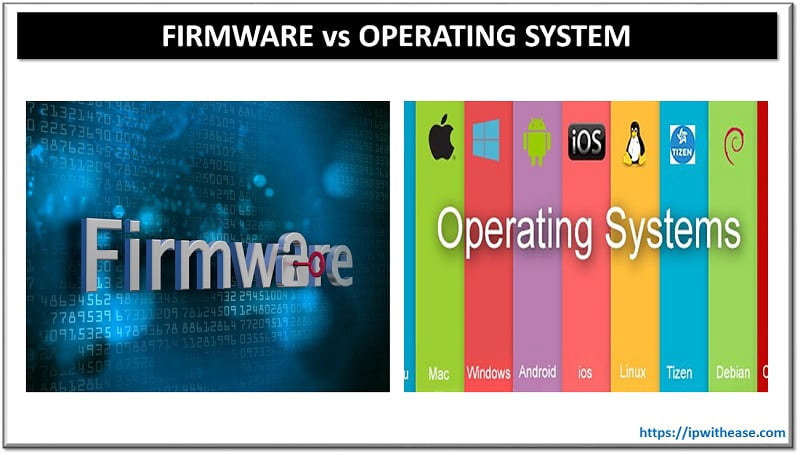Table of Contents
NOS (Network Operating System) is an OS that gives network-based services through a centralized system or server and DOS (distributed operating system) is an OS that manages a group of computers and makes them be a single computer.
After reading this article you will get a clear idea and the uses, differences between network Operating systems and Distributed Operating systems.
Introduction
In today’s IT savvy world, different types of users have different requirements, and accordingly Operating systems are developed to meet such necessities. Each OS has its own pros and cons. Two such famous Operating systems are Network Operating system and Distributed Operating system. People often confuse Network Operating System with Distributed Operating System.
What is Network Operating System (NOS)?
Network Operating System is an operating system that allows different independent computers to work together. They help in the networking between the computers and acts as a shared platform between them. There are two types of Network Operating System:
- Peer-to-Peer and
- Client-Server.
This type of operating system is widely used in the devices such as a router, switch, or firewalls. The client-server structure of the network Operating System is now widely used in data centers and cloud-based architectures.
Some of the famous Network Operating System is Novel Netware, Microsoft Windows Server, UNIX, and Linux.
Features
Features of the Network Operating System are:
- It comes with all the basic operating system features like multiprocessing, processor support, hardware detection, etc…
- It acts as a backup for the individual computers that are connected to the network.
- It manages the login and out of the users of the servers.
- Printers and other electrical devices can be shared between a group and a network of computers.
- Highly secure with features like authorization of users, hardware authentication, restrictions on shared data…
What is Distributed Operating System (DOS)?
Distributed Operating System is an operating system that runs over different independent, networked, communicating computers. Here are also the users who earn the benefit of the shared resources but in a different way. There is no centralized memory or resources. Different components are located in various systems or computers in the network.
Each computer or user will compute or handle the task assigned to him and share them in the distribution channel. This allows the user to access the data and resources in one system from another. All the computers are connected through LAN/WAN and communicate between them.
In simple terms, if you and your friend use two different systems with Distributed Operating System, then you can access each other files.
Features
Features of Distributed Operating System:
- Resource Sharing – The main feature of the Distributed operating system is to share the resources between the systems. The data is shared for the exchange of information, whereas the hardware resources are shared for convenience and reduction in cost.
- Concurrency – In Distributed Operating System different tasks are handled by different machines or computers are the same time. At the same time, these components can interact between them.
- Scalability – The Distributed Operating System is designed in this way, so that new computers or units can be added to the feature if needed. This increases the scalability of the system.
- Security – Compared to the Network Operating system the Distributed operating system is secure as they are a more closed network. At the same time, the transparency between the users is high.
Comparison: NOS vs DOS
After seeing the definition of both DOS and NOS, are you still confused? Here are the basic difference between the DOS and NOS.
| PARAMETER | DISTRIBUTED OPERATING SYSTEM (DOS) | NETWORK OPERATING SYSTEM (NOS) |
|---|---|---|
| Objective | Better Management of hardware resources | Remotely servicing multiple clients. |
| Communication | Communication is mostly message-based or shared memory based | Communication is file-based or shared folder based. |
| Scalability | In terms of Scalability, DOS is lesser than NOS | When it comes to Scalability NOS is more scalable |
| Fault Tolerance | It has high Fault Tolerance | The fault tolerance in Network Operating System is low |
| Implementation | The ease of implementation is low. | It has ease of implementation. |
| Openness | Closed | Closed |
| Rate of autonomy | Low | High |
| Resource management | Resources are managed through Global central or distributed management | Resources are handled at each node. |
| Use | Tightly coupled and used in multiprocessor and homogenous computers | Loosely coupled and used in homogenous computers. |
| Type of Architecture | N-tier Client-server Architecture | 2-tier Client-server Architectu |
Download the comparison table NOS vs DOS
Continue Reading
What is NOS (Network Operating System)?
What is Distributed Operating System (DOS)?
ABOUT THE AUTHOR

You can learn more about her on her linkedin profile – Rashmi Bhardwaj



